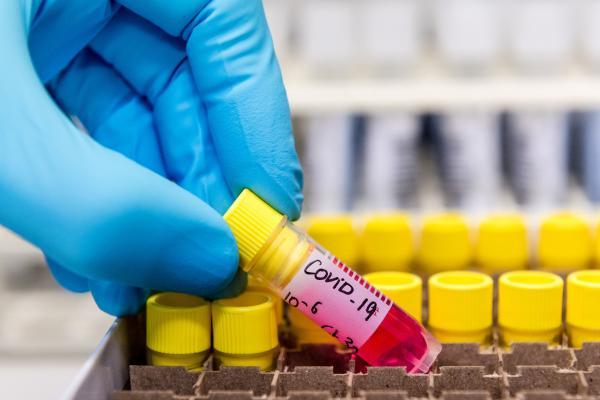
- Board of Directors agrees structure and functioning for the Fund
- Pan-European Guarantee Fund to focus mostly on small and medium-sized companies throughout the EU
The Board of Directors of the European Investment Bank (EIB) has on 26 May agreed on the structure and business model of the new Pan-European Guarantee Fund to tackle the economic consequences of the Covid-19 pandemic. The Fund was endorsed by the European Council on 23 April as part of the overall EU Covid-19 response package.
All 27 EU Member States have been invited to contribute to the Pan-European Guarantee Fund (EGF), with a share of the €25 billion equal to their share of EIB capital. The Fund will become operational as soon as Member States accounting for at least 60% of EIB capital have signed their contribution agreements and a Contributors Committee has been set up. The Contributors Committee will decide on the use of guarantee. EIB Group rules will apply for all Fund operations, including for example the new Energy Lending Policy approved in 2019.
Member State contributions to the EGF will take the form of guarantees and may include an upfront payment. Such guarantees will cover losses incurred in the operations supported by the EGF. Any losses will be borne pro rata by the participating Member States. The fund will initially approve operations until the end of 2021, but this period can be extended by the Member States. It will enable the EIB Group to scale up its support for mostly small and medium-sized European companies, mobilizing up to €200 billion of additional financing.
The EGF will provide finance to companies that are viable in the long-term, but are struggling in the current crisis. At least 65% of the financing are earmarked for SMEs. A maximum of 23% will go to companies with 250 or more employees, with restrictions applying to larger companies with more than 3,000 staff. A maximum of 5% of the financing can go to public sector companies and entities active in the area of health or health-research or providing essential services related to the health crisis. Another 7% of EGF-supported financing can be allocated to venture and growth capital and venture debt in support of SMEs and midcaps.
“The economic damage done by the Covid-19 pandemic becomes more visible every day: Hundreds of thousands of small and medium-sized European companies are fighting for their survival. The Pan-European Guarantee Fund is a timely and targeted response to their urgent needs, complementing the national efforts by the Member States”, said EIB President Werner Hoyer. “We are grateful for the trust the Member States put into us, the EU bank. We will work closely with national institutions to make sure that companies can quickly access help in the form they need it.”
In addition to establishing and managing the EGF, the EIB Group is also implementing the emergency measures announced in March to repurpose existing guarantees and support companies in the EU to overcome the consequences of the crisis. The first measure, launched by the EIF on 6 April, offers dedicated EU-supported guarantees to contain the impact of the pandemic, making available €8bn of financing for SMEs and midcaps across Europe.
The EIB Group is also using existing financial instruments shared with the European Commission – primarily the InnovFin Infectious Disease Finance Facility – to finance projects that work towards halting the spread of the coronavirus, finding a cure, and developing a vaccine. The EIB Group will support emergency measures to finance urgent infrastructure improvements and equipment needs in the health sector, using existing framework loans or undisbursed amounts from existing health projects. The EIB Group’s current pipeline of projects in the health sector amounts to around €6 billion.
Detailed information about the help offered by EIB and EIF
Fact sheet: The Pan-European Guarantee Fund in response to COVID-19